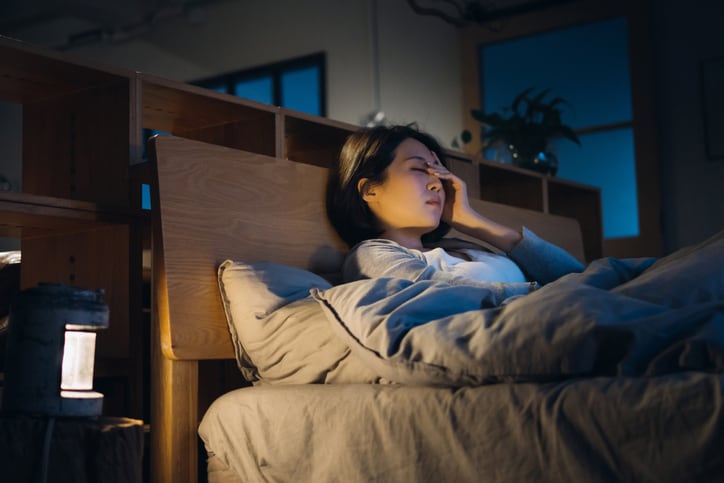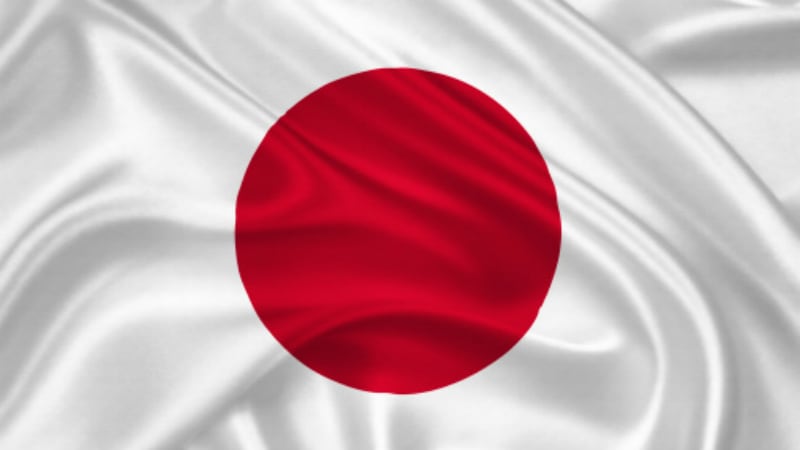Poor sleep was more commonly experienced by adults in their 30s than seniors in their 60s.
Among the former, 66.7 per cent said that they did not feel energised after waking up.
This is more prevalent than seniors in their 60s, where only 26.7 per cent of them said they have the same experience, according to the survey findings.
The survey was conducted by major Japanese company Asahi Group Foods which operates business across foods, infant formula to health supplements.
One of its health supplement brands is “Neinaito” (ネナイト), which is also sold as Foods with Function Claims in Japan for reducing post-sleep fatigue and sleepiness. The active ingredient is L-theanine.
The online survey was conducted in March and collected responses from 800 men and women aged 20 to 69 across Japan. Of which, 600 of them are office workers and 200 are non-office workers.
Respondents in their 20s were the second largest group to complaint poor sleep, followed by those in their 40s.
Among people in their 20s, two in three (60 per cent) said that they did not feel energised after waking up, while this was the case for one in two adults (55.9 per cent) in their 40s.
In comparison, the condition is less prevalent among respondents in their 50s (47.5 per cent).
“The results show that young people in their prime working years have a big problem with sleeping and waking up in the morning,” said the survey report.
Average amount of sleep needed: 7.1 hours
On average, the respondents feel that they require 7.1 hours of sleep to perform adequately the next day.
However, the respondents were only able to get this amount of sleep about half the time each month.
In addition, over half of the respondents said they were not satisfied with their daytime performance, with 69.6 per cent reported feeling drowsy at work.
“When asked if they were satisfied with their own daytime performance, 47.1 per cent were satisfied and 52.9 per cent were not, revealing that about one in two people was not satisfied with their daytime performance.
“On the other hand, it was found that about 80 per cent (78.8 per cent) of people want to improve their performance the next morning.”
Top three reasons for wanting to take sleep supplements
The survey also revealed the top three reasons among Japanese consumers for wanting to take sleep aid supplements.
The top reason is when they have trouble falling asleep.
This reason was reflected by half (50.2 per cent) of the survey respondents.
The second most common reason for wanting to take sleep aid supplements is when they feel tired, with 45 per cent of the respondents choosing this as a reason.
The third most common reason, as reflected by 43.7 per cent of the respondents, was wanting to wake up feeling refreshed.
“There is demand not only for quicker sleep onset but also for waking up refreshed the next morning,” the company said in the survey report.
The survey also found that the occupation of the respondents could affect their willingness in trying out sleep aid supplements.
“When asked if they would like to try sleeping supplements, one in three office workers (32.2 per cent) answered that they would like to try them.
“On the other hand, only 19 per cent of the non-office workers said they would like to try them, showing a difference of 13.2 per cent.”





